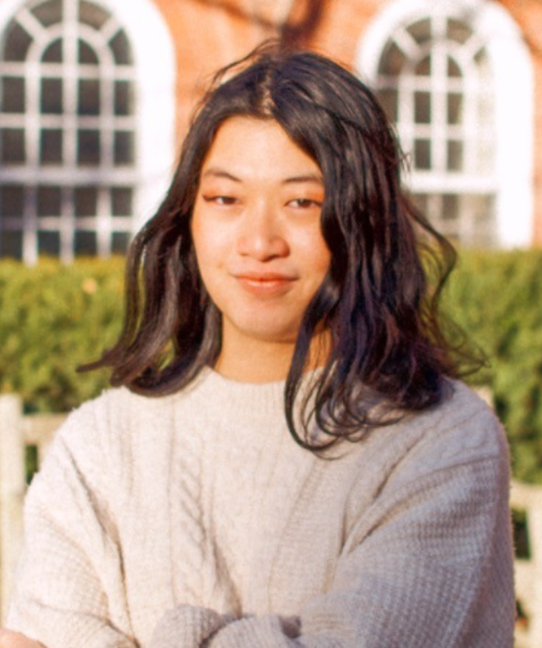
What is the topic of your capstone?
My research helps us to better understand the experiences of young people who learned remotely during the COVID-19 pandemic, specifically as it relates to how they experienced technological surveillance. This research examines how power, feelings, and technology intersect in times of crisis so that we can reimagine our relationship to technology and to each other. The working title is “Zoom Affects: Dislocated Learning and Digital Surveillance during COVID-19 Remote Learning.”
What motivated you to pursue this project?
When I was doing remote-learning during the pandemic, I felt like I was being constantly watched through Zoom: surveilled by myself, by other people on Zoom, and by the technology itself. I felt that the use of digital technologies changed how I experienced surveillance in the classroom, creating new forms of stress and anxiety, but also allowed me to exercise new kinds of freedom. I want to better understand other students’ experiences of remote-learning surveillance during the pandemic, so that we can move toward kinder and more relational pedagogies of care. This is especially important since public health scholars indicate that in some years time we will experience pandemic round 2: covid boogaloo.
Please describe the research process thus far/progress you have made?
To better understand people’s experiences of remote learning during the pandemic, I am working with about 30 interviews with Yale students, most of which were conducted by the brilliant and iconic new Ed Studies Scholars in EDST261! Thank you to TZB and Dr. Debs for facilitating that process. With these interviews, I have started to pull out some interesting and surprising themes about the ways students responded to remote learning during the pandemic. In terms of analysis, I am looking to surveillance scholars like Simone Browne and Foucault, as well as feminist studies and critical tech studies, like Sara Ahmed and Autumm Caines.
What have you found most insightful from the Capstone project process?
I have learned a lot about what it means to do qualitative research with real, live, human interlocutors! It is so exciting to be conducting these interviews but also so fraught. The stakes are much higher and I feel a lot of responsibility, especially to my interviewees, that hasn’t been the case with previous coursework.
What has been your main takeaway from this project?
My research has taught me that high school students are incredibly resourceful, and found innovative ways to make it through their day during pandemic learning, even under exhausting conditions. The students I interviewed ended their time with me by suggesting a change they’d want to see in schooling. They had things they wanted to say and get on the record.
What do you hope this project accomplishes?
A lot of remote learning scholarship in the social sciences or psychology uses quantitative methods to measure the impact of Zoom learning on students. This is great, of course, but I hope this project recenters attention on students’ agency and the textures and affects of pandemic learning experiences. There is a lot more going on here than what can be captured in a Likert scale questionnaire, and I hope this project demonstrates just a small portion of that bigger picture.
If people wanted to learn more, take action, support, etc. What are actionables or resources they should consult?
Go follow @ProcTerrorU and @Procteario on Twitter. These are great examples of ways that students speak back against surveillance tech. If you are a teacher, please do not use automated proctoring software.